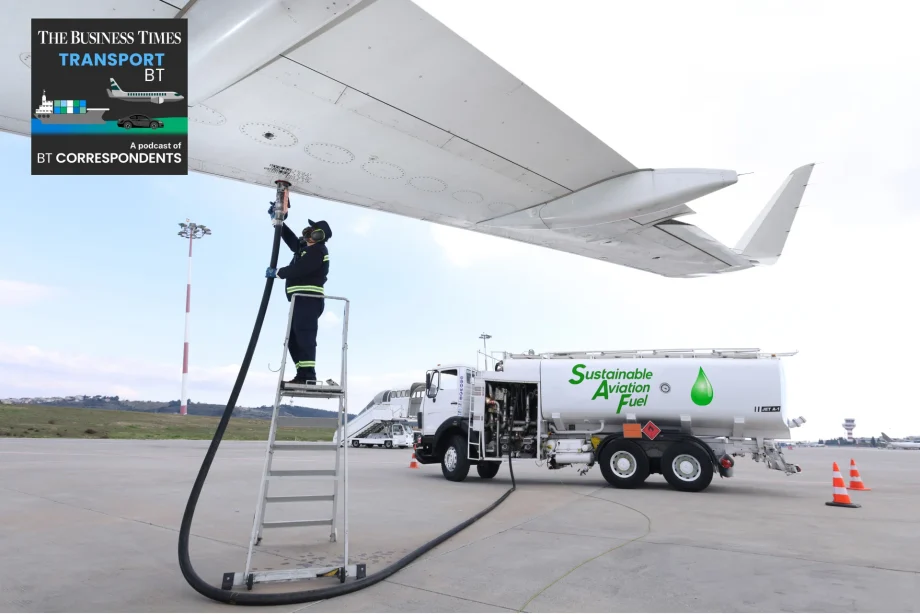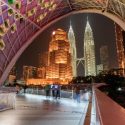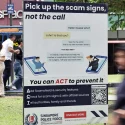Flying out of Singapore is about to cost a touch more from 2026 and no, it is not a premium for extra legroom or better coffee. It is the new sustainable aviation fuel (SAF) levy, and it applies to both passengers and cargo. For some flyers, this means an extra dollar. For others, it means forty. For an industry built on razor-thin margins and a nation with no domestic aviation market, the question is simple: can Singapore stay competitive while being greener?
In this week’s TransportBT, a podcast of BT Correspondents, host Derryn Wong sits down with Terence Fan from Singapore Management University to unpack whether this new levy is smart climate policy, a necessary evil, or an own goal waiting to happen.
Why listen
- What SAF actually is: Cooking oil, waste products and a lot of complicated chemistry. Fan breaks down why this fuel is the aviation sector’s only realistic near-term climate solution.
- Will flying get pricier: A dollar here and forty dollars there may not sound like much, but airlines with shaky finances are already sweating.
- Cargo counts too: The levy hits freight, although at a level that most forwarders will barely notice. Still, the psychology of cost matters in a tight logistics market.
- Singapore’s big strategic gamble: Changi stays competitive by being efficient and transparent. Will a government-set fixed price envelope for SAF keep airlines loyal, or tempt them to route through cheaper hubs?
From Europe’s evolving rules to Singapore’s own SAF ecosystem, this episode maps out what the levy really means for travellers, businesses and the aviation industry holding the republic’s economic lifeline aloft.
If you want a clear, grounded explanation of whether Singapore’s green pivot is visionary or just another line on your ticket: Listen now.
—
Written and hosted by: Derryn Wong (derrynwong@sph.com.sg)
With Terence Fan, assistant professor of Strategy & Entrepreneurship (Education), Singapore Management University
Edited by: Emily Liu & Claressa Monteiro






